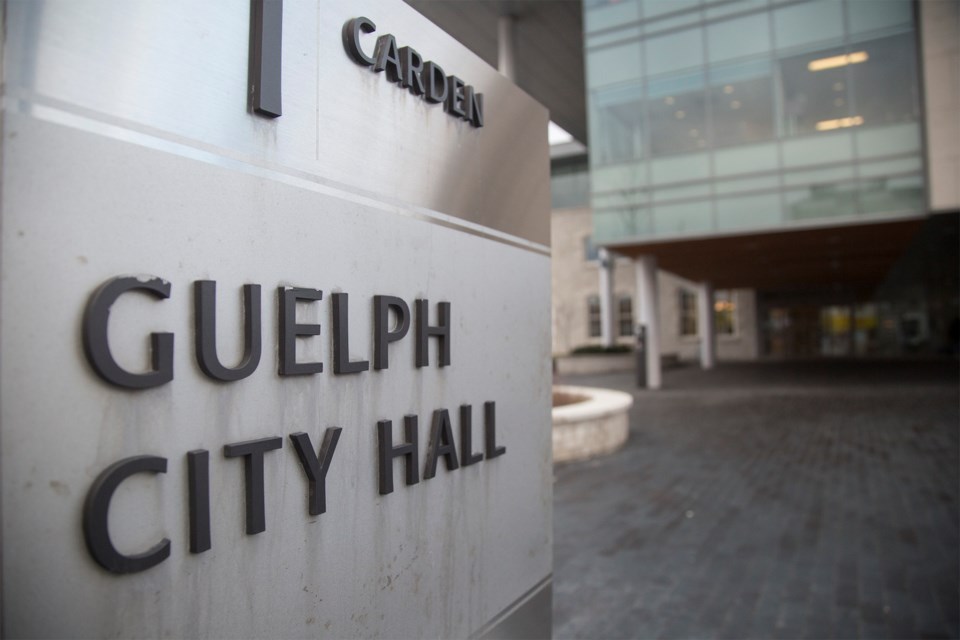In its quest for new housing, the provincial government risks creating an environment of higher property taxes and negative climate impacts, while making it more challenging to create affordable housing.
So says a report from city staff, released Friday, providing feedback on proposed changes to the provincial policy statement, which outlines the government’s policies and land use planning.
“The revised vision for growth in Ontario is at the potential expense of creating desirable, inclusive, climate-ready, thriving complete communities,” states the report.
“With some suggested revisions, the proposed planning statement can more effectively facilitate the creation of new housing … and more importantly, housing that is affordable, while also adhering to the fundamental principles of good community planning,” adds Krista Walkey, the city’s general manager of planning and building services, in a letter to the province accompanying the report.
Back in April, the provincial government announced proposed changes to the policy statement which are now out for review and public consultation, prompting the city staff report. The stated intent is to give municipalities more flexibility and control over how, when and where to accommodate growth.
Among the key changes, as highlighted in that report, are:
- Eliminating the definitions of “affordable housing” and “low and moderate income households”
- The province would no longer set population and employment growth mandates for “large and fast-growing” communities such as Guelph, with the exception of intensification in major transit station areas like downtown
- Allowing municipalities to consider expanding their urban boundaries
- Reduced requirements around the conversion of land designated for employment uses into residential areas.
Here are some of the staff comments:
Affordable housing
“These proposed policy revisions signal a provincial policy shift away from encouraging or requiring affordable housing contributions from the private sector to a format that increases reliance on the public sector and other non-profit affordable housing agencies. This could, in time, put more pressure on service managers to fund and deliver affordable housing.”
Growth targets
“This policy revision increases the risk of regressing to a time when low-density, auto-oriented development patterns prevailed. … By setting clear targets and expectations and having them align with infrastructure planning as Guelph has done, municipalities are better able to prioritize their efforts and resources to achieve the needed level of intensification.”
Expanded boundaries
“The ability to create three new residential lots on a farm could also increase the price of farmland and in the long-term, make it even more challenging to maintain a sustainable local food system.” “It would also increase the potential for land use conflicts between farmers and new rural residents.”
Employment area conversion
“Allowing municipalities to consider the removal of lands from employment areas could lead to the gradual erosion of employment areas unless municipalities continuously assess their employment lands ensure they have an adequate supply.”
Several concerns are also raised about the impact proposed changes may have on efforts to reduce greenhouse gas emissions, including a plan to no longer encourage municipalities to set and work toward reduction targets.
“Municipal targets and climate action strategies are now standard practice and without provincial support, it will become more challenging for municipalities to make required climate change polices that protect our existing and future citizens of Guelph,” the feedback document states.
“By removing the direction to reduce dependence on the automobile, the proposed policy would weaken the direction to municipalities to encourage the modal shift to transit and active transportation.
“The proposed language … does not carry forward the requirement for municipalities to consider the important relationship between local food, the agricultural land base and climate change mitigation.”
